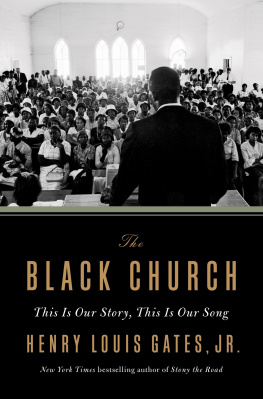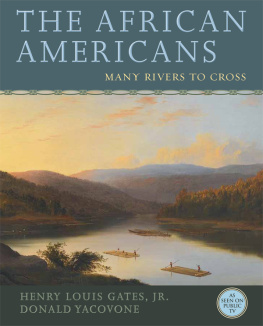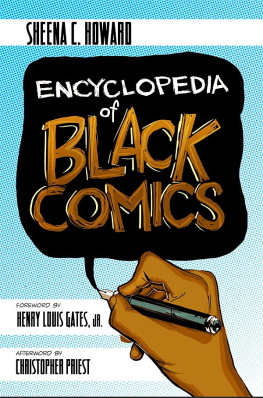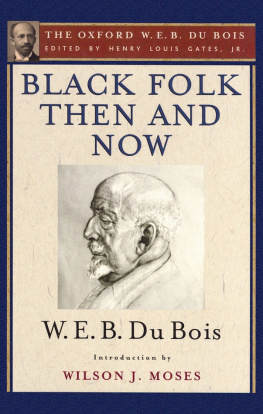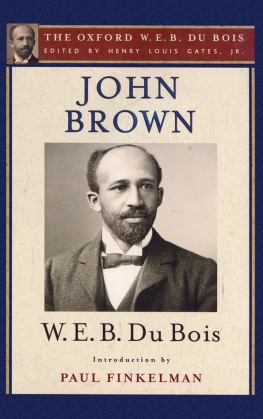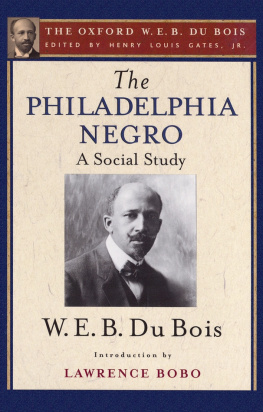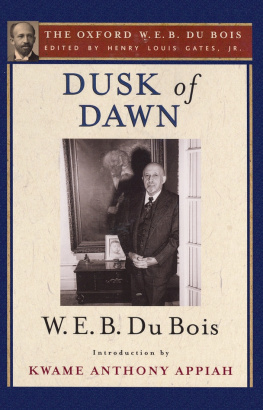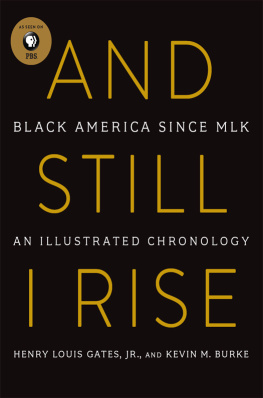Henry Louis Gates - The Black Church: This Is Our Story, This Is Our Song
Here you can read online Henry Louis Gates - The Black Church: This Is Our Story, This Is Our Song full text of the book (entire story) in english for free. Download pdf and epub, get meaning, cover and reviews about this ebook. year: 2021, publisher: Penguin Publishing Group, genre: Religion. Description of the work, (preface) as well as reviews are available. Best literature library LitArk.com created for fans of good reading and offers a wide selection of genres:
Romance novel
Science fiction
Adventure
Detective
Science
History
Home and family
Prose
Art
Politics
Computer
Non-fiction
Religion
Business
Children
Humor
Choose a favorite category and find really read worthwhile books. Enjoy immersion in the world of imagination, feel the emotions of the characters or learn something new for yourself, make an fascinating discovery.
- Book:The Black Church: This Is Our Story, This Is Our Song
- Author:
- Publisher:Penguin Publishing Group
- Genre:
- Year:2021
- Rating:4 / 5
- Favourites:Add to favourites
- Your mark:
- 80
- 1
- 2
- 3
- 4
- 5
The Black Church: This Is Our Story, This Is Our Song: summary, description and annotation
We offer to read an annotation, description, summary or preface (depends on what the author of the book "The Black Church: This Is Our Story, This Is Our Song" wrote himself). If you haven't found the necessary information about the book — write in the comments, we will try to find it.
The Black Church: This Is Our Story, This Is Our Song — read online for free the complete book (whole text) full work
Below is the text of the book, divided by pages. System saving the place of the last page read, allows you to conveniently read the book "The Black Church: This Is Our Story, This Is Our Song" online for free, without having to search again every time where you left off. Put a bookmark, and you can go to the page where you finished reading at any time.
Font size:
Interval:
Bookmark:
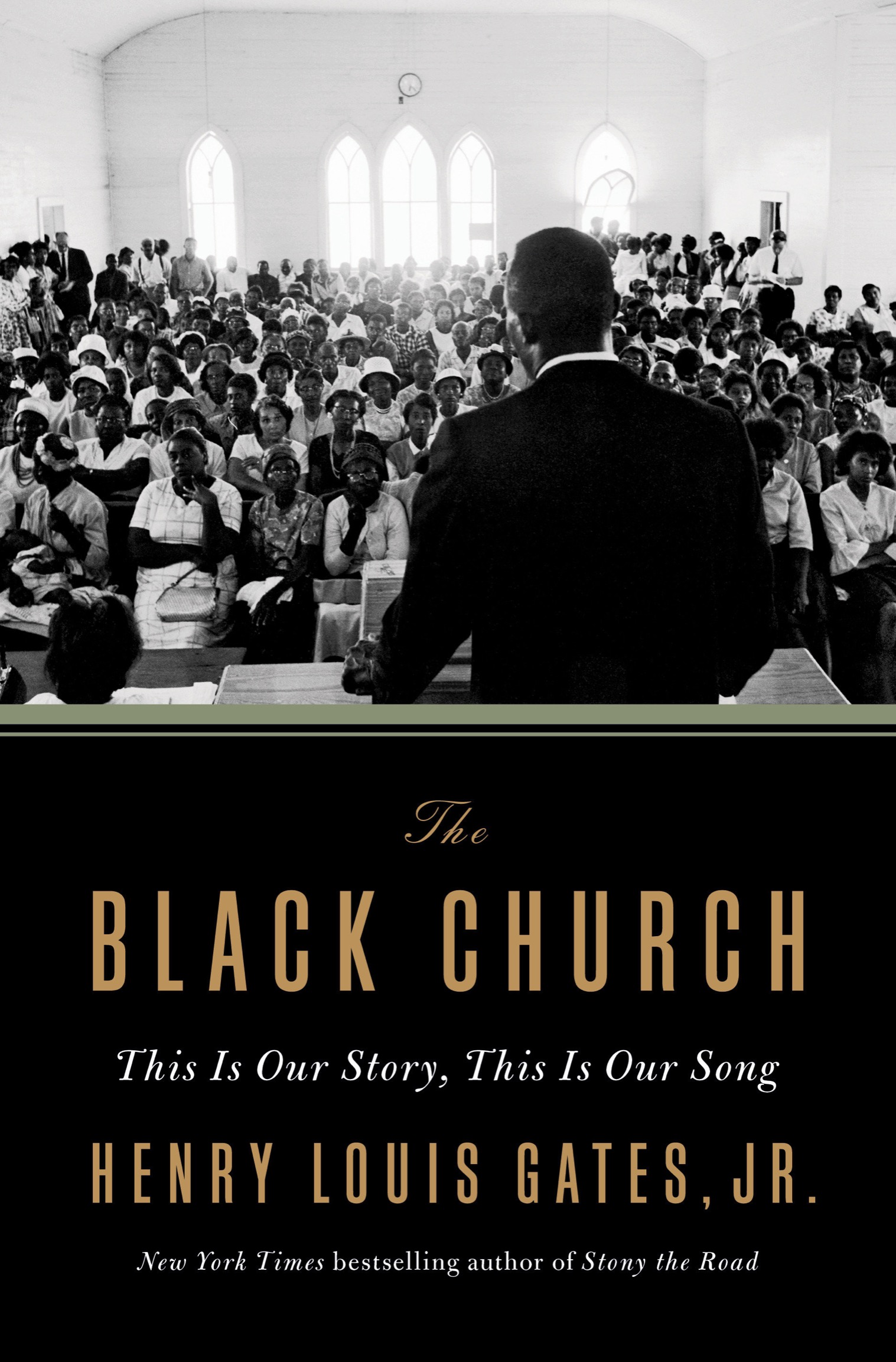
Stony the Road: Reconstruction, White Supremacy, and the Rise of Jim Crow
100 Amazing Facts about the Negro
Finding Your Roots, Season 1: The Official Companion to the PBS Series
Finding Your Roots, Season 2: The Official Companion to the PBS Series
The Henry Louis Gates, Jr., Reader
Life Upon These Shores
Black in Latin America
Tradition and the Black Atlantic
Faces of America
In Search of Our Roots
Lincoln on Race and Slavery
Finding Oprahs Roots
America behind the Color Line: Dialogues with African Americans
The Trials of Phillis Wheatley
Little Known Black History Facts
Wonders of the African World
Thirteen Ways of Looking at a Black Man
Colored People
Loose Canons
Figures in Black
The Signifying Monkey
with emmanuel k. akyeampong
Dictionary of African Biography
with kwame anthony appiah
Encyclopedia of Africa
The Dictionary of Global Culture
Africana: The Encyclopedia of the African and African American Experience
Encarta Africana
with kevin m. burke
And Still I Rise: Black America since MLK
with jennifer burton
Call and Response: Key Debates in African American Studies
with evelyn brooks higginbotham
African American National Biography
with franklin w. knight
Dictionary of Caribbean and AfroLatin American Biography
with nellie y. mckay
The Norton Anthology of African American Literature
with cornel west
The African-American Century
The Future of the Race
with donald yacovone
The African Americans: Many Rivers to Cross
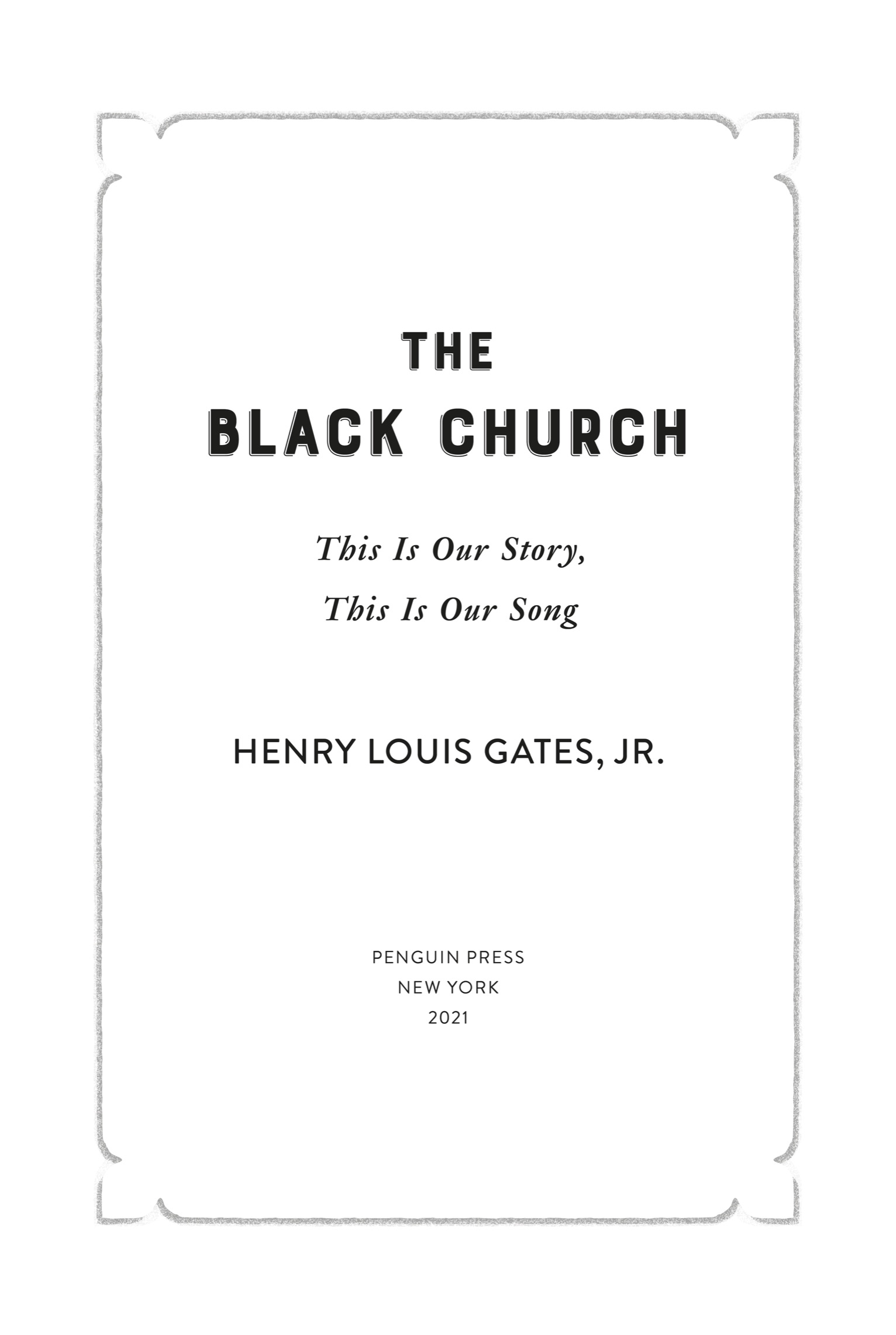
PENGUIN PRESS
An imprint of Penguin Random House LLC
penguinrandomhouse.com
Copyright 2021 by Henry Louis Gates, Jr.
Penguin supports copyright. Copyright fuels creativity, encourages diverse voices, promotes free speech, and creates a vibrant culture. Thank you for buying an authorized edition of this book and for complying with copyright laws by not reproducing, scanning, or distributing any part of it in any form without permission. You are supporting writers and allowing Penguin to continue to publish books for every reader.
Illustration credits appear on .
Photo research by Toby Greenberg
library of congress cataloging-in-publication data
Names: Gates, Henry Louis, Jr., author.
Title: The Black church : this is our story, this is our song / Henry Louis Gates, Jr.
Description: New York : Penguin Press, 2021. | Includes bibliographical references and index.
Identifiers: LCCN 2020042098 (print) | LCCN 2020042099 (ebook) | ISBN 9781984880338 (hardcover) | ISBN 9781984880345 (ebook)
Subjects: LCSH: African American churchesHistory. | African AmericansReligionHistory.
Classification: LCC BR563.N4 G295 2021 (print) | LCC BR563.N4 (ebook) | DDC 277.30089/96073d c23
LC record available at https://lccn.loc.gov/2020042098
LC ebook record available at https://lccn.loc.gov/2020042099
Cover photograph: Congregation Listening to Minister, Flip Schulke / Corbis Premium Historical / Getty Images
pid_prh_5.6.1_c0_r0
In memory of Congressman John Robert Lewis (19402020)
Prayer is one of the most powerfulwell, I dont want to call it a weapon, but its a tool, an instrument, a way of reaching out that humankind has. We can and do use it to deal with problems and the things and issues that we dont understand, that we dont quite comprehend. Its very hard to separate the essence of prayer and faith. We pray because we believe that praying can make what we believe, our dreams and our visions, come true.
Amen.
There is an old African proverb: When you pray, move your feet. As a nation, if we care for the Beloved Community, we must move our feet, our hands, our hearts, our resources to build and not to tear down, to reconcile and not to divide, to love and not to hate, to heal and not to kill. In the final analysis, we are one people, one family, one housethe American house, the American family.
JOHN LEWIS , Walking with the Wind: A Memoir of the Movement
Never confuse position with power. Pharaoh had a position, but Moses had the power. Herod had a position, but John had the power. The cross had a position, but Jesus had the power. Lincoln had a position, but Douglass had the power. Woodrow Wilson had a position, but Ida B. Wells had the power. George Wallace had a position, but Rosa Parks had the power. Lyndon Baines Johnson had a position, but Martin Luther King had the power. We have the power. Dont you ever forget.
THE REVEREND OTIS MOSS III
Heart of what slave poured out such melody
As Steal away to Jesus? On its strains
His spirit must have nightly floated free,
Though still about his hands he felt his chains.
JAMES WELDON JOHNSON, O Black and Unknown Bards
In a recent essay, the writer Darryl Pinckney notes that [Ralph] Ellison opposed the notion of black life as a metaphysical condition of irremediable agony because that made it seem as though it either took place in a vacuum or had only one theme. No cultural institution formed within the African American experience gives the lie to such a simplistic, despairing view more than the Black Church. Political activistsincluding Malcolm X, of course, but especially the Black Panther Party in the latter half of the 1960shave debated whether the role of the Black embrace of Christianity under slavery was a positive or negative force. There were those who argued that it was an example of Marxs famous indictment of religion as the opium of the people because it gave to the oppressed false comfort and hope, thereby obscuring the causes of their oppression and reducing their urge to overturn that oppression. But I do not believe that religion functioned in this simple fashion in the history of Black people in this country.
As a matter of fact, although Marx was no fan of religion, to put it mildly, this statement, which the Panthers loved to quote, was part of a more complicated assessment of the nature and function of religion. The full quote bears repeating: Religious suffering is, at one and the same time, the expression of real suffering and a protest against real suffering. Religion is the sigh of the oppressed creature, the heart of a heartless world, and the soul of soulless conditions. It is the opium of the people. Karl Marx could not imagine the complexity of the Black Church, even if the Black Church could imagine himcould imagine those who lacked the tools to see beyond its surface levels of meaning. James Weldon Johnson, in his lovely poem about the anonymous authors of the sacred vernacular tradition, O Black and Unknown Bards, put this failure of interpretive reciprocity in this memorable way:
What merely living clod, what captive thing,
Could up toward God through all its darkness grope,
And find within its deadened heart to sing
These songs of sorrow, love and faith, and hope?
How did it catch that subtle undertone,
That note in music heard not with the ears?
Font size:
Interval:
Bookmark:
Similar books «The Black Church: This Is Our Story, This Is Our Song»
Look at similar books to The Black Church: This Is Our Story, This Is Our Song. We have selected literature similar in name and meaning in the hope of providing readers with more options to find new, interesting, not yet read works.
Discussion, reviews of the book The Black Church: This Is Our Story, This Is Our Song and just readers' own opinions. Leave your comments, write what you think about the work, its meaning or the main characters. Specify what exactly you liked and what you didn't like, and why you think so.

